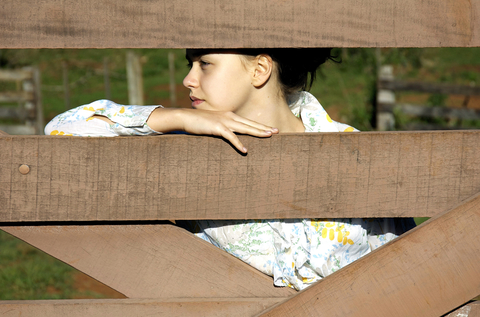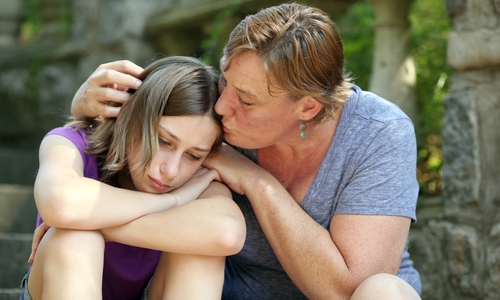Young people face unique concerns including school violence, farm stress and mental health. Program staff can help youth cope with these challenges.
Research briefs
Adverse childhood experiences (ACEs)
By Melissa Persing
Early traumas can change the structure and function of the brain and how a person responds to stress and disease.
Rural youth stress
Addressing cumulative rural and farm stress cannot ignore young people who are more aware of and impacted by the family stress that we sometimes imagine.
Practical guides
Creating space for dialogue on difficult and important topics with youth
By Karyn Santl, MaryAnn Anderson and Dianna Kennedy
How to have open conversations about tough topics.
Talking to youth about violence
By Jennifer Skuza, associate dean and Minnesota 4-H state director
We can help youth feel safe by establishing a sense of normalcy and security and talking with them about their fears.
Talking to young people about suicide
By Cari Michaels and Kate Walker
Practical tips and conversation starters for parents, educators and other caring adults when talking with youth about suicide.
Custom training for building youth resilience
Building Brains: ACEs, Resiliency and Brain Architecture
This training will introduce participants to the concepts of Adverse Childhood Experiences (ACEs) and resiliency, as well as provide participants with a better understanding of why positive youth development programs are essential for the building of strong youth and communities.
More from Extension
Reviewed in 2023







![Pham, M. (2018, Aug 2). Girl running while laughing [digital image]. Unsplash. Girl running while laughing](/sites/extension.umn.edu/files/styles/crop_card_crop/public/mi-pham-xtd3zYWxEs4-unsplash.jpg?h=3b373ee9&itok=1QDpKz6I)